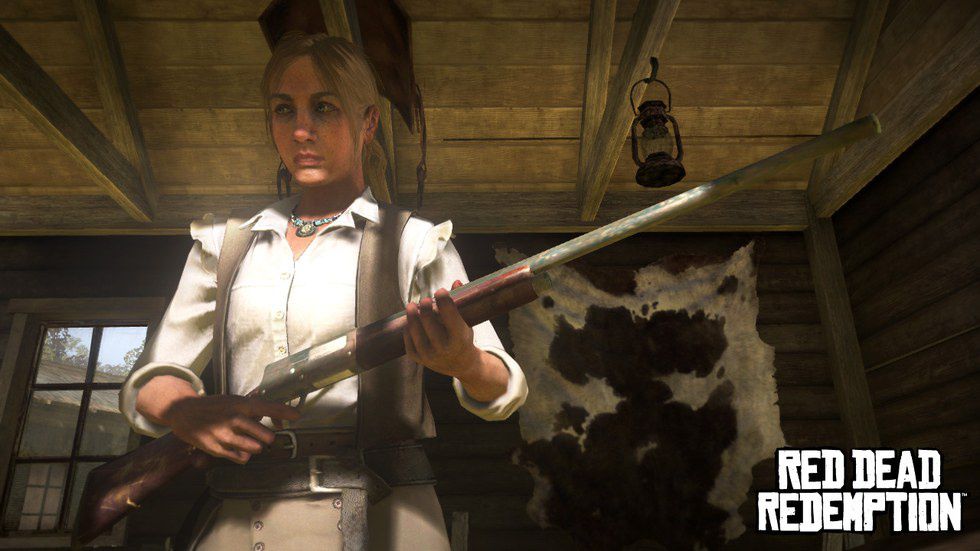Many are taken by surprise when they discover I have my own gaming system, usually saying something along the lines of "Oh, so you actually play video games?"
Now, why is a girl spending enough time on video games to have a more permanent investment in the market (whether it be Xbox, PlayStation or any other of the various gaming systems to choose from) a surprising discovery? Although gaming has become a worldwide cultural phenomenon, in albeit a short span of history, it has already been claimed by a gender. Unfortunately, with most girls' exposure to video games being occasionally having the controller passed to them in a group of guys playing "Grand Theft Auto," females could be missing out on major health benefits.
According to the Depression and Bipolar Support Alliance, females are at double the risk as men are to experiencing depression, and "this 2:1 ratio exists regardless of racial or ethnic background or economic status." While it is well known that women are at higher risk for mood disorders, lesser known statistics such as "one in 33 children and one in eight adolescents have clinical depression" have scientists trying to combat the numbers with video games.
A study conducted by East Carolina University attempted to connect the gaming and depression worlds for patient benefits by examining the effects of casual video game use by 18-74-year olds, half serving as controls, but all identifying with clinical depression. "There was a 57 percent average decrease in depression symptoms among participants in the experimental group," and these results became increasingly more positive when compared to the control group.
This evidence and countless other studies that can be found with a quick Internet search show amazingly good evidence for the benefit of video games with depression. From personal experience, I started playing video games enough to own my own gaming system when I started to hit rock bottom in my mental illnesses. I found that instead of mindlessly watching nine seasons of "It's Always Sunny in Philadelphia" (although a great show), the interactivity element and the common reward system theme found in most all video games really helped me to feel good about myself. Even if it was just the fact that I, playing as the rugged John Marston, was able to help out the awesome Bonnie MacFarlane in exchange for her taking care of me after a shootout with a gang in "Red Dead Redemption," I still accomplished something. I was able to tell someone that I had done something with my day, even if it was "just a game."
Video games are not just a way guys can waste time or 'bro-out' with the boys. They are truly beneficial to many special-interest groups, whether it be helping those battling autism or anxiety disorders, or to practice social interaction with a simulated conversation and no "real life" risk, or helping someone struggling with depression to feel accomplished, or even facing their depression in the form of the many antagonists found throughout the video game universe.
P.S. Would it kill us to have a few more female main characters in games? Bonnie is a strong, independent woman and she doesn't need a man to feel complete!




















